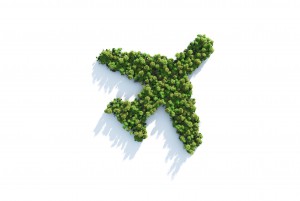Policies & Priorities
Environment
 Recognising the relationship between aviation and the environment, AAPA strives to continually consider solutions to mitigate the environmental impact. Environmental impacts are seen as systemic beyond the control of the operators. Inefficient management of airspace, restrictive operational procedures and inadequate infrastructure can further offset the investments by airlines to mitigate the effects on the environment.
Recognising the relationship between aviation and the environment, AAPA strives to continually consider solutions to mitigate the environmental impact. Environmental impacts are seen as systemic beyond the control of the operators. Inefficient management of airspace, restrictive operational procedures and inadequate infrastructure can further offset the investments by airlines to mitigate the effects on the environment.
Given the significant contribution aviation makes to long-term growth, AAPA aims to promote the role of aviation in the region, at the same time balancing economic development, social responsibility and environmental conservation.
AAPA actively engages in dialogue and works with industry stakeholders to lobby for a more coherent global approach to issues regarding climate change, and promulgate a better level of understanding of the important role which aviation plays in economic development in the region.
Key issues currently addressed by AAPA are as follows:
- Climate Change
AAPA recognises that climate change is a major global challenge. Mitigating the effects of climate change is a responsibility that must be borne by all elements of society and industry. AAPA seeks to promote global market-based-measures of the International Civil Aviation Organisation (ICAO) which is the Carbon Offsetting and Reduction Scheme for International Aviation (CORSIA) to address any annual increase in total CO2 emissions from international civil aviation from 2020.
- Policy on Emissions
AAPA seeks to promote the aviation industry’s action plan to address growth in aviation emissions through a 4-pillar strategy: Technology, Operations, Infrastructure and Market-Based-Measures.
- Sustainability
AAPA aims to further promote the critical role of Asia Pacific aviation as a key contributor to sustainable economic and social development, whilst at the same time mitigating its carbon footprint.
For further information, please contact [email protected]
